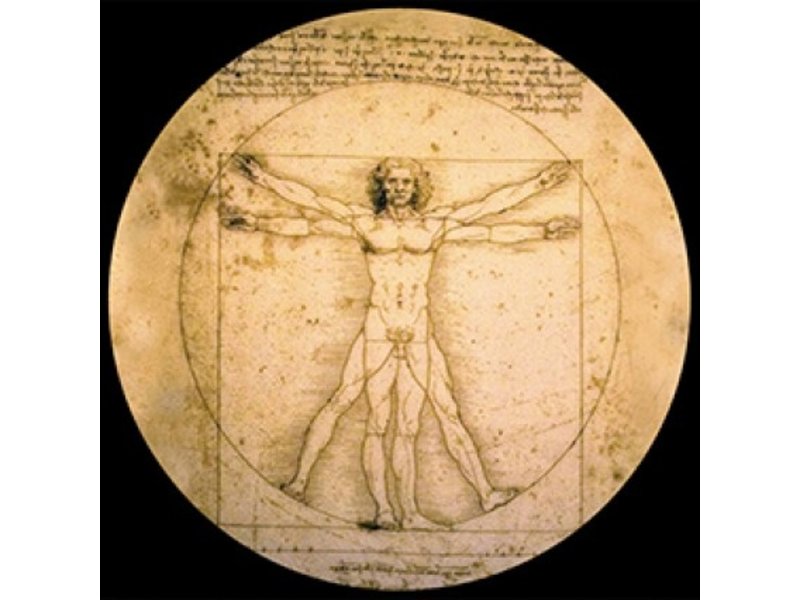
Subheading: The Architectural Maestro of Antiquity
In the annals of architectural history, few names carry as much weight as Vitruvius. Born in ancient Rome during the first century BCE, Vitruvius was not merely an architect but a true polymath – an engineer, philosopher, and author whose insights into architecture continue to resonate centuries later. His seminal work, “De architectura,” remains a foundational text in the field, offering invaluable wisdom on everything from building materials to city planning.
Subheading: The Vitruvian Triad: Firmness, Commodity, Delight
Central to Vitruvius’ philosophy of architecture is the concept of the Vitruvian triad – three essential qualities that every building should embody: firmitas (firmness), utilitas (commodity), and venustas (delight). According to Vitruvius, a successful building must be structurally sound, functionally practical, and aesthetically pleasing – a timeless principle that still guides architects today.
Subheading: Structural Innovation and Engineering Ingenuity
Vitruvius was a pioneer in structural engineering, revolutionizing the way buildings were designed and constructed. His treatise on architecture not only explored the principles of geometry and symmetry but also introduced innovative construction techniques, such as the use of the arch, vault, and dome. These advancements not only enhanced the stability and durability of buildings but also allowed for greater architectural creativity and expression.
Subheading: The Harmony of Proportions: Vitruvius and the Golden Ratio
One of Vitruvius’ most enduring contributions to architecture is his exploration of proportion and harmony. He believed that buildings should be designed according to the principles of the Golden Ratio – a mathematical ratio that is believed to result in aesthetically pleasing proportions. By adhering to these principles, Vitruvius argued, architects could create structures that not only stood the test of time but also inspired a sense of beauty and harmony in those who beheld them.
Subheading: From Temples to Theaters: Vitruvius’ Influence on Architectural Typology
Vitruvius’ influence on architectural typology is far-reaching, encompassing a wide range of building types, from temples and theaters to aqueducts and bridges. His treatise on architecture offers detailed insights into the design and construction of each of these structures, providing invaluable guidance to architects and builders throughout the ages. Whether designing a place of worship or a public gathering space, architects continue to draw inspiration from Vitruvius’ timeless wisdom.
Subheading: Urban Planning and Civic Design: Vitruvius’ Vision for the Ideal City
In addition to his contributions to individual buildings, Vitruvius also had a profound impact on urban planning and civic design. In “De architectura,” he laid out his vision for the ideal city, emphasizing the importance of well-planned streets, public spaces, and infrastructure. Vitruvius believed that a well-designed city should not only be functional and efficient but also beautiful and harmonious – a place where people could live, work, and thrive in harmony with their surroundings.
Subheading: Vitruvius’ Legacy: Inspiring Generations of Architects
The legacy of Vitruvius extends far beyond the ancient world, continuing to inspire architects and designers to this day. His timeless insights into the principles of architecture – from structural integrity to aesthetic harmony – serve as a guiding light for those who seek to create spaces that are both beautiful and functional. As we continue to grapple with the challenges of building in the modern world, Vitruvius’ wisdom remains as relevant and indispensable as ever, reminding us of the enduring power of great architecture to shape our lives and our world. Read more about vitruvius




